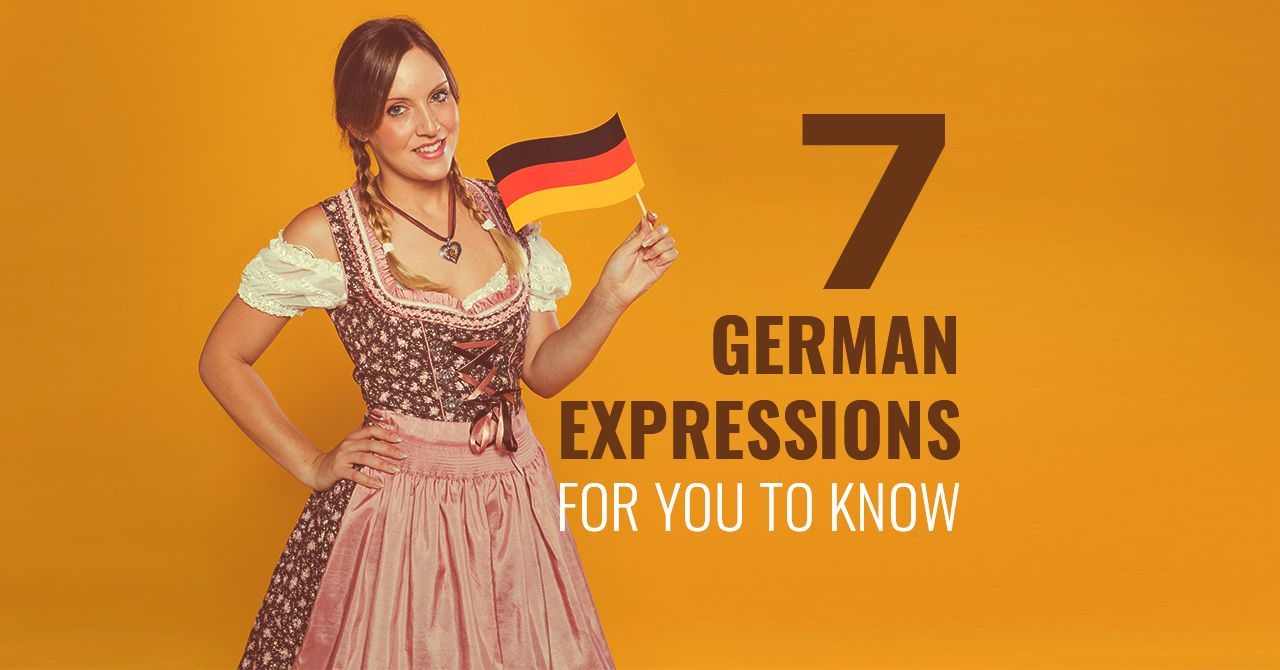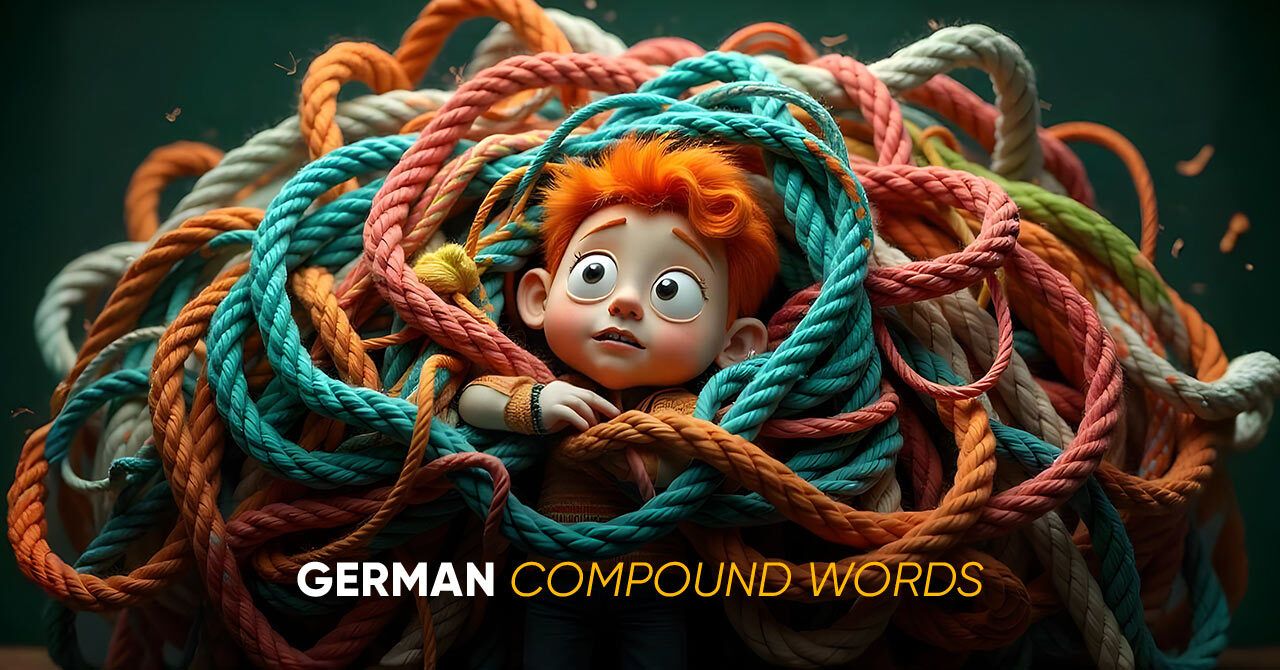
The Most Common German Sayings Native German Speakers Use
Whether you want to improve your German to communicate better with friends, co-workers, or strangers, or you’ve moved to a German-speaking country, these famous German sayings will help you get started.
Many people consider the German language one of the most challenging in the world, but others say it’s not as hard as you think. Nevertheless, if you want to learn it for pleasure or business, you need to start from somewhere. And learning the most common German sayings will certainly get the whole learning process going.
So if you’re traveling to any German-speaking country or planning to reside there for a longer period of time, knowing these common expressions will help you feel more confident when engaging with locals. They will help you connect to them, learn more about their culture, and even sound like a native speaker.
7 German Sayings to Instantly Improve Your German
Whether you want to improve your German to communicate better with friends, co-workers, or strangers, or you’ve moved to a German-speaking country, these famous German sayings will help you get started.
1. Das Freut Mich
Meaning—“I’m glad” or “I’m happy to hear that.”
Let’s start with one of the most common German phrases you can hear in everyday speech. It’s used when you want to say you’re happy to hear something about someone or some situation or that you’re glad about it. It’s a simple yet very common way to respond to someone else’s good news.
For example, if your friend is telling you they are planning a trip to Jamaica, you can use “Das freut mich” to say you are happy about them. This way, you’ll sound like a local.
2. Das ist mir Wurst
Meaning—“This is sausage to me.”
Locals use this colloquial phrase when they don’t care about something. It means they couldn’t care less about it or that they simply feel indifferent about it. The English equivalent would be “I don’t care” or “It’s the same to me.” The phrase is not used in polite speech, so you can use it when talking with friends or family.
For example, if your friend asks you whether you want to go out tonight or stay at home and it’s the same for you, you can respond with “Das ist mir Wurst”.
3. Das ist doch Wahnsinn
Meaning—“that’s insane” or “this is madness.”
The simplest way to understand this phrase is “wow.” German native speakers use it whenever they are shocked or positively surprised about something. It’s their way of saying something is really amazing, so the closest English equivalent is “it’s madness/insane.”
For example, if someone tells you how much they have achieved despite the obstacles they faced, you could say “das ist doch Wahnsinn” to tell them that’s really amazing.
4. Krass
Meaning—“cool.”
This is a very common word or phrase among youngsters in Germany that won’t fit well during a business meeting. It’s a slang word used in everyday speech that intensifies meaning when something is too good, too surprising, or too bad. You can see it as a combination of “wow”, “dope”, and “cool”.
For example, if you’ve had the most amazing time at a concert, you can say it was “Krass.” But you can also use the same word to describe an embarrassing situation.
5. Um Gottes Willen
Meaning—“for God’s sake!”
Here’s another common German saying that locals use all the time. They use it to express surprise, anger, or impatience, just like English native speakers use “For Christ’s sake!” or “For heaven’s sake!”
For example, you can use it when you’ve waited for someone for too long, and they finally show up, so you want to express your anger.
6. Jetzt geht’s los
Meaning—“here I/we go.”
Locals use this phrase all the time when they want to say “here I/we go” or “let’s go” somewhere that they can’t wait to go to. For example, when heading to a party or a football match that they are very excited about, you can hear them saying, “Jetzt geht’s los”.
7. Na
Meaning—“What’s up?
This short phrase or word is a common informal greeting that can also be a great conversation starter. If you plan to live in Germany, prepare to hear it a lot. Locals use it instead of “hi” or “what’s up,” but also in many other situations throughout the conversation combined with other words.
So you can say “na” to a friend or bartender to start small talk or combine with other words for different meanings. For example, “Na, du” means “hey there,” “Na, ja” means “oh, well,” and “Na, und?” means “so what?”
I'm an ESL teacher with over 7 years of experience in providing original content. I really like writing educational articles which may help others learn some aspects of English.

